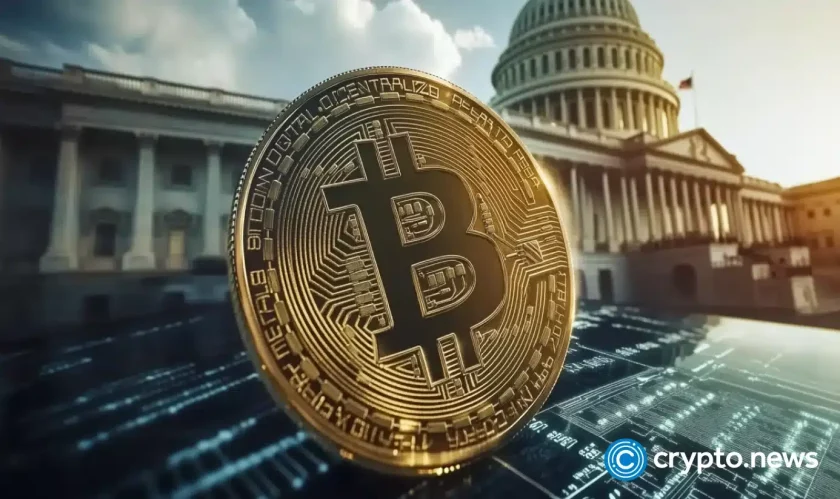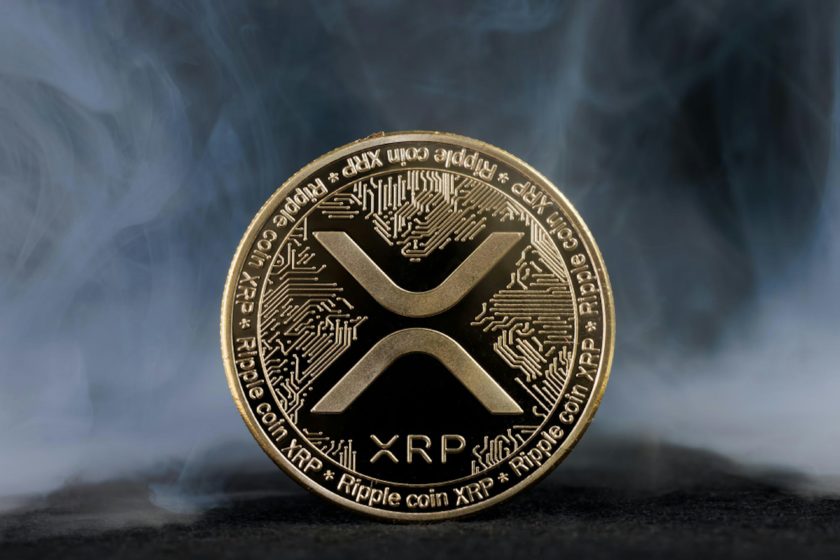▶ Coinbase Website: Coinbase.com
▶ CEX Website: cex.io
Oxfam claims at least 60 million people face worsening hunger and poverty because of climate change and scientists believe that much of the climate change is due to the impact of too much carbon being released into the atmosphere. Meanwhile, global supply changes chains have become longer and more sophisticated, offering the opportunity to eat almost any type of fruit or vegetable at any of the time of the year. Just look at where your food comes from next time you are in a supermarket! Unfortunately, by not providing food seasonally and, instead, giving consumers such abundance of choice all year round there is a price to pay. The price is the rising levels of carbon impacting on our environment as more goods are being transported and grown in far flung places across the world. More than 500 million smallholders produce 80% of the food in the developing world. The sheer number of small farmers creates a challenge as concerns collating and storing information about how and where food being produced, although IMB has its Food Trust which supports the retailers Walmart and Carrefour, and Ariledger which helps Haitian farmers receive more money for the food they produce. Food production is responsible for 25% of all greenhouse gas (GHG) emissions, subsequently meaning there needs to be an increasing focus on consuming food with a lower carbon footprint. Incredibly, a chocolate bar from a de-forested rainforest has a larger carbon footprint than a serving of low-impact beef!
The public is increasingly asking for greater transparency and for brands wanting to build trust with their customers. These are both achievable via the greater use of Blockchain technology in supply chains. A report from the Food Marketing Institute in America found that 75% of consumers will buy brands offering more information beyond what is on physical labels. We have already seen retailers such as JD.com in China and Carrefour in France using Blockchain technology with QR codes, enabling consumers with mobile phones to scan foodstuffs clarifying where, when and how the food they are about to purchase has come from as well as the sustainability credentials.
Gartner predicts that 20% of top global grocers will use Blockchain for food safety and traceability by 2025. According to data from Juniper Research, potentially Blockchain technology will facilitate $31 billion in food fraud savings by the year 2024. The World Economic Forum has a project, Redesigning Trust: Blockchain for Supply Chains, with partners representing 85% of the world’s cocoa supply chain including Hitachi executives, 60 transport ministers from across the world and 30+ organisations from the United Arab Emirates Blockchain ecosystem. Blockchain-powered platforms using smart contracts can capture more data about supply chains using IoT and devices, signifying it is becoming easier to measure more accurately a supply chain’s carbon emissions.
Furthermore, there is increasing evidence that institutions are responding to client demand and looking to use the Blockchain technology being developed by specialist FinTech firms. One such firm is Halotrade which has a Blockchain-powered platform being tested by BNP Paribas SA, Barclays PLC, Rabobank, Standard Chartered PLC, J Sainsbury PLC and the Unilever Group. It is designed to gather and store the ESG data on suppliers as part of a sustainable supply chain finance program. Investors, too, are looking for funds that can demonstrate their ESG credentials. According to Accenture, funds accounted for 30% (US$31 trillion) of all funds being managed globally. Additionally, green bonds are being issued in the debt markets for those projects having positive environmental or social impacts, and in 10 years the green bond market has grown rapidly to about $500 billion in value. HSBC was the world-leading green bond manager in 2019, overseeing more than $14.8 billion in assets and claiming that by using Blockchain technology it has been possible for HSBC to issue bonds and save up to 90% of the costs usually associated with issuing traditional bonds.
Without a doubt ESG is becoming more and more important for companies to pay close attention to in relation to the products and services they offer for their customers and for their shareholders. If you look at Google trends there has been a steady increase in people searching for information on ESG. There have also been various surveys and reports carried out confirming that consumers will pay more for a product with proven provenance and that sustainability, inclusivity and other key ESG considerations are undoubtedly becoming progressively more important for potential investors.
▶ Coinbase Website: Coinbase.com
▶ CEX Website: cex.io
Youtube version




